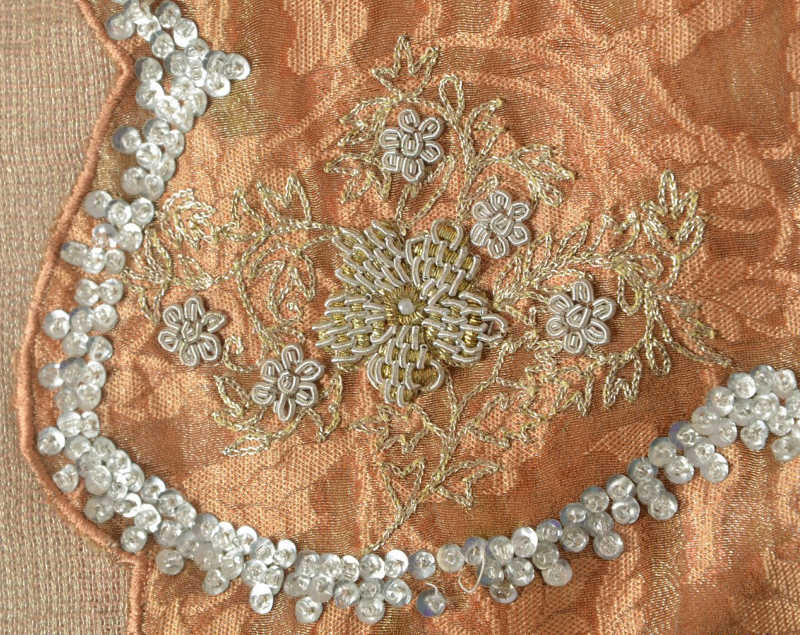===
0610,
5
===

=== |
 |
FWP:
SETS == POETRY
MOTIFS == TAMASHA
NAMES == REKHTAH
TERMS == REPLY; THEMEWhat exactly is 'this'? The first line makes it clear that 'only Rekhta composition/recitation' was not the speaker's whole purpose in life. The audience may well hope to learn in the second line what the speaker did in addition. But of course, the second line gives us only 'this', and some related information about what was done with 'this' as a performance. So how is the contrast to be framed? There are two main possibilities: that the speaker didn't 'compose/recite' Rekhtah, but turned it into 'something like a performance'; or that he didn't 'compose/recite Rekhtah' at all, but instead used 'this' as a performance-- perhaps 'this' crazed behavior of a mad lover, or perhaps 'this' sycophantic pursuit of public fame and approval, or perhaps anything else whatsoever that might have been within the speaker's range of possible activities. For if he's talking to himself, as is entirely possible, he might feel no need to specify the exact nature of his alternative activity. Leaving the 'this!' unspecified also tends to add a sharp note of bitterness or self-contempt ('Has it come to this?!').
And not only is the 'this' open to question, but so are several other elements of the second line:
chaar din == 'For a few days' only, did the speaker show this? Or did he show this for the 'few days' of his lifetime?
yih bhii == 'This too', this in addition to other things that he showed? Or 'even this', this which might have been expected not to be shown?
tamaashaa saa == This that was 'spectacle-like' in itself? Or this that we showed in a way that was 'something like a spectacle'?
It's an intriguing verse, and the irreducibly mysterious 'this' does linger in the mind, but I don't find it more complex than a number of Mir's other verses.